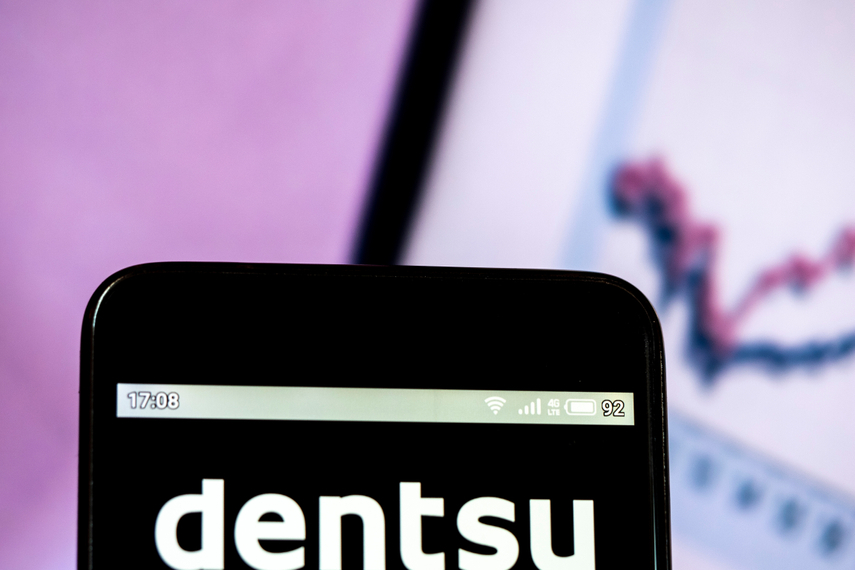
Please sign in or register
Existing users sign in here
Having trouble signing in?
Contact Customer Support at
[email protected]
or call+91 22 69489600
Blog post by Forrester analyst Jay Pattisall claims Publicis Groupe, Havas, and Accenture Song could all be possible suitors for Dentsu.

Contact Customer Support at
[email protected]
or call+91 22 69489600
Top news, insights and analysis every weekday
Sign up for Campaign Bulletins
Sources tell Autocar and Autocar India that designer Gerry McGovern was asked to leave the firm this week.
TOP OF THE CHARTS: Global ad spend will smash the $1 trillion mark for the first time in 2026, with APAC leading at 5.4% growth amid an algorithmic revolution, according to Dentsu's latest forecast.
The winter-focused campaign encourages households to adopt a simple nutritional habit aimed at seasonal wellbeing.
The brand's first India-focused awareness campaign addresses stigma around type 1 diabetes.